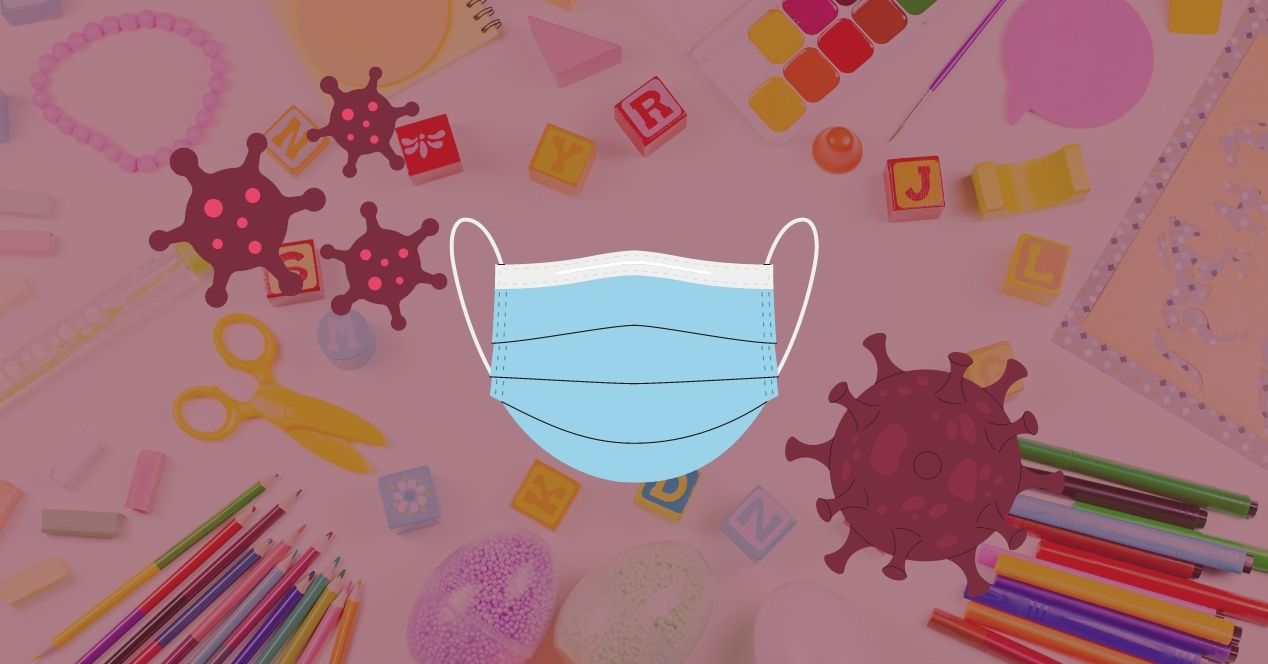Analysis
Covid Coverage: Children in Protection Homes, July 27th 2021
The Court took into account the suggestions and concerns of Amicus Gaurav Agarwal and made certain arrangements

On July 27th, the Court heard and addressed the concerns of the Amicus, Adv. Gaurav Agrawal in relation to the concerns of children orphaned during the pandemic.
State Governments Ordered to Take Help From Grassroot- Level Bodies
The Court had previously ordered all State Governments to immediately make information about the orphaned children in their territories available on the ‘Bal Swaraj’ portal of the National Commission for the Protection of Child Rights (NCPCR). Adv. Agrawal informed the Court that based on this information, he was satisfied that most of the identified children had been presented before the Child Welfare Committees, as is procedurally required.
However, Adv. Agrawal submitted that the information was insufficient to conclude whether the children had received the benefits they are entitled to under various State and Union Government schemes. In relation to this, Adv. K. Nataraj, on behalf of the NCPCR, submitted that most States had submitted partial information about the identified orphans on the ‘Bal Swaraj’ portal. The NCPCR cannot effectively monitor the disbursement of benefits by State Governments until it has complete information.
The Court directed the State agencies to promptly upload complete information onto the ‘Bal Swaraj’ portal.
Adv. Agrawal and Adv. Nataraj also stated that the problem of identifying orphan children persisted. Adv. Nataraj specifically submitted that West Bengal, Punjab and Jammu and Kashmir had likely under-reported the actual number of orphaned children in their territories.
The Court reiterated a past order in which it had stated that benefits from the schemes and identification would extend to all children orphaned during the pandemic. It would not be limited to children who had lost parent/s due to COVID.
The Court, acting on suggestions from Adv. Agrawal and ASG Aishwarya Bhati (appearing on behalf of the Union Government) directed the District Child Protection Officers to take the support of grassroot level bodies such as the police, ASHA workers, civil society bodies, gram panchayats and anganwadis. These bodies are expected to aid the State Government in identifying orphans and disbursing benefits in a prompt manner. The Court ordered the State Government to submit reports with this information.
Adv. Manish Kumar, appearing for the State of Bihar, suggested that a minimum standard of relief should be devised for orphaned children under the Disaster Management Act, 2005. This suggestion was tabled for discussion for a later date.
Court Orders Arrangements for Orphaned Students to Continue Education
Adv. Agrawal submitted that the education of orphaned children may be adversely impacted due to the changes in their financial safety. He used the example of Haryana, where nearly 40% of all children orphaned during the pandemic were in private schools.
The Court directed the State Governments to use the Right to Free and Compulsory Education Act, 2010 to arrange for these students to continue in their current schools, at least for the ongoing academic year. The Court ordered that State Governments should file information of how many students in this group were in private schools, and what steps had been taken to allow them to continue in their current schools.

